Micah Dawanyi shared their story and experiences with us recently and you can find our conversation below.
Good morning Micah, we’re so happy to have you here with us and we’d love to explore your story and how you think about life and legacy and so much more. So let’s start with a question we often ask: Have you ever been glad you didn’t act fast?
As a novelist, absolutely! Being able to bring creative ideas to life is just so exciting. In the past, I’d get so pumped up and jump on my very first thoughts to begin writing. But with my latest novel, “When the Record Stops Spinning,” however, I exercised patience. I went through what I’d call a “marination period.” I really wanted to tell a story with strong musical elements tied into the plot line, but from a character standpoint, I wanted to tackle themes relating to identity and trauma. I used those themes and elements as a basis to begin brainstorming, but I let the ideas in my head marinate for months, and that allowed my plot points to develop into something truly gripping. I wouldn’t have been able to come up with such a layered and dynamic storyline if I’d jumped on the first plot ideas that popped into my head, so waiting was beneficial. I think I’ll incorporate some sort of “marination period” into my process for all future works, too!
Can you briefly introduce yourself and share what makes you or your brand unique?
My name is Micah Dawanyi, and I’m a novelist and public speaker! I hold a Master’s degree in communications and have written three books to date. I mostly write about mental health-related themes and social justice, and those themes are usually what I’m asked to speak about in schools and at events. The most important thing for me is to use my platform for something bigger than myself. My first book came out when I was still a teenager, at the height of the global pandemic, and even then, my process was solely about highlighting important issues through writing. I think that makes me unique, because even though I write fiction, I’m not a “plot comes first” writer. I begin with the characters and the themes I’d like to address, and then I develop plotlines that are tailored to their experiences.
(Genre-wise, I do a bit of blending: literary fiction, speculative fiction, and soft sci-fi.)
Appreciate your sharing that. Let’s talk about your life, growing up and some of topics and learnings around that. What part of you has served its purpose and must now be released?
I’d say Micah the Student. Getting to be creative for a living has certainly put a lot into perspective. I still carry many of the academic foundations I got from class, and of course, I still value academia. But as a student, I was always juggling my own pursuit of knowledge with the expectations of rubrics, teachers, district requirements, etc.
I’m in a really beautiful space now where the only person I answer to is God. There is no teacher breathing down my neck with a list of required checkpoints and citations, or a timeline for finishing a body of work. It’s all in my hands, and that is such a freeing feeling compared to my time as a student. I’m grateful for the past, but really excited about how I can continue to use my imagination. There’s no ceiling now, and that’s absolutely thrilling.
What did suffering teach you that success never could?
Suffering taught me the discipline of showing up even when my life was falling apart. Motivation is a fleeting feeling. You’re life is not always going to be perfectly aligned with your dreams and goals, or even the mood you’d like to be in while you chase your dreams. Life is particularly unforgiving in that way, which sucks, but if you really want something, you have to continue to show up anyway. I’ve written all of my novels under different levels of distress, but I’ve always remained committed to the work, no matter my personal circumstances. I’m really thankful for that drive, because if I waited until things were “perfect,” I wouldn’t be a published author.
Alright, so if you are open to it, let’s explore some philosophical questions that touch on your values and worldview. What important truth do very few people agree with you on?
You can live a balanced life and still be at the top of your game. Granted, I still have a long way to go before I can reference my own track record for success. But I have noticed that most people are determined to kill themselves in the pursuit of their dreams. In many ways, I understand the sentiment because I’m completely obsessed with my work too. But I really don’t think you have to cut off all your friends, never go out, and only sleep 2 hours every night to be successful. I think that kind of mindset just leads to burnout, isolation, or an early grave. And I also think that many of your greatest wins are going to come from working smarter, not harder.
Okay, we’ve made it essentially to the end. One last question before you go. What is the story you hope people tell about you when you’re gone?
I don’t know if it’s necessarily a “story,” but I hope people will remember that I used my God-given abilities for good when I’m gone. I know that sounds like a piece of cliche superhero dialogue, but I really do mean that. I’m telling stories to educate, enlighten, and empower, and I’m doing this with nothing but love in my heart. Love for the craft of storytelling, yes, but above all, love for humanity.
Contact Info:
- Website: https://linktree.com/micahdawanyi
- Instagram: https://instagram.com/micahdawanyi
- Linkedin: https://www.linkedin.com/in/micah-dawanyi-ma-912ab41b1/
- Other: [email protected] (email)
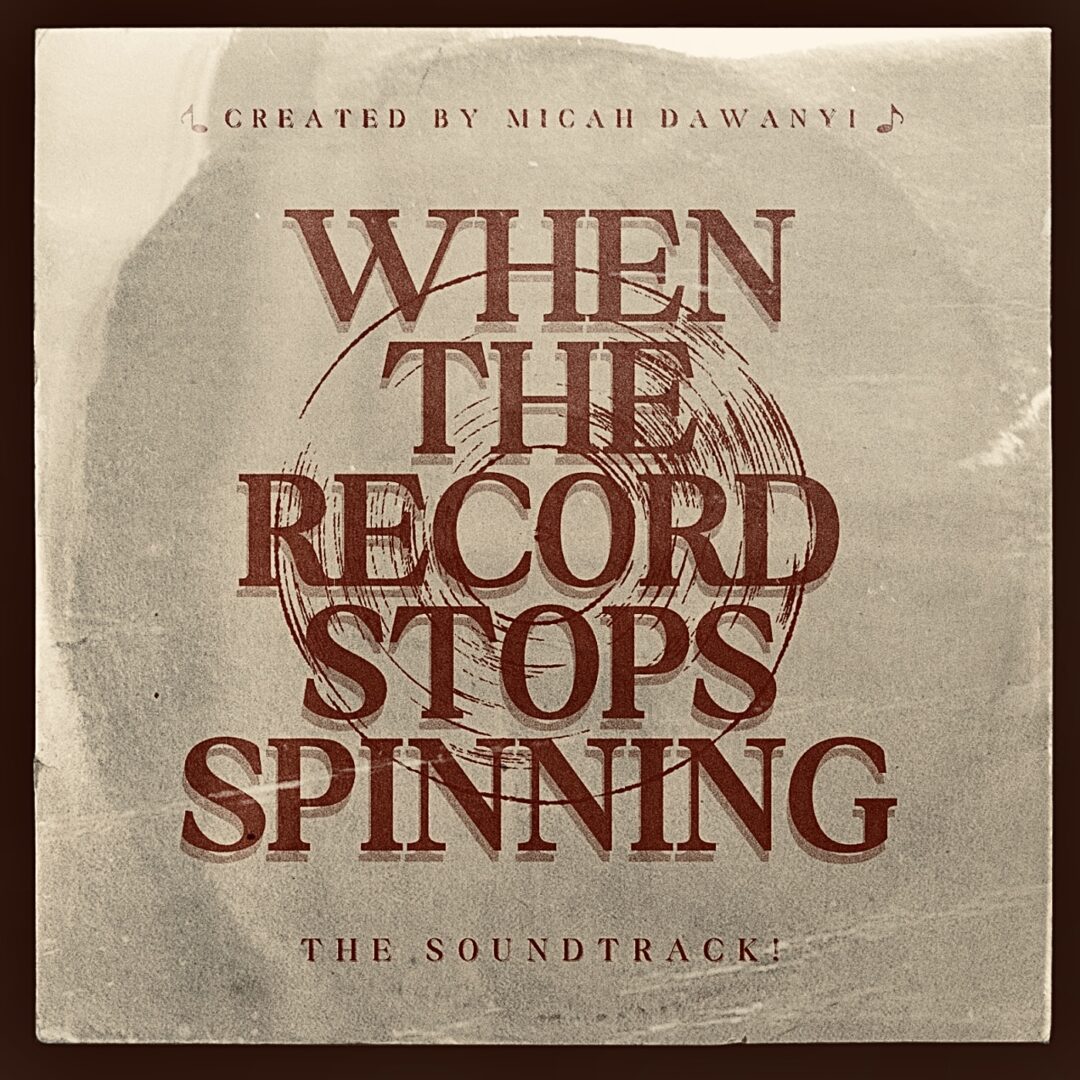
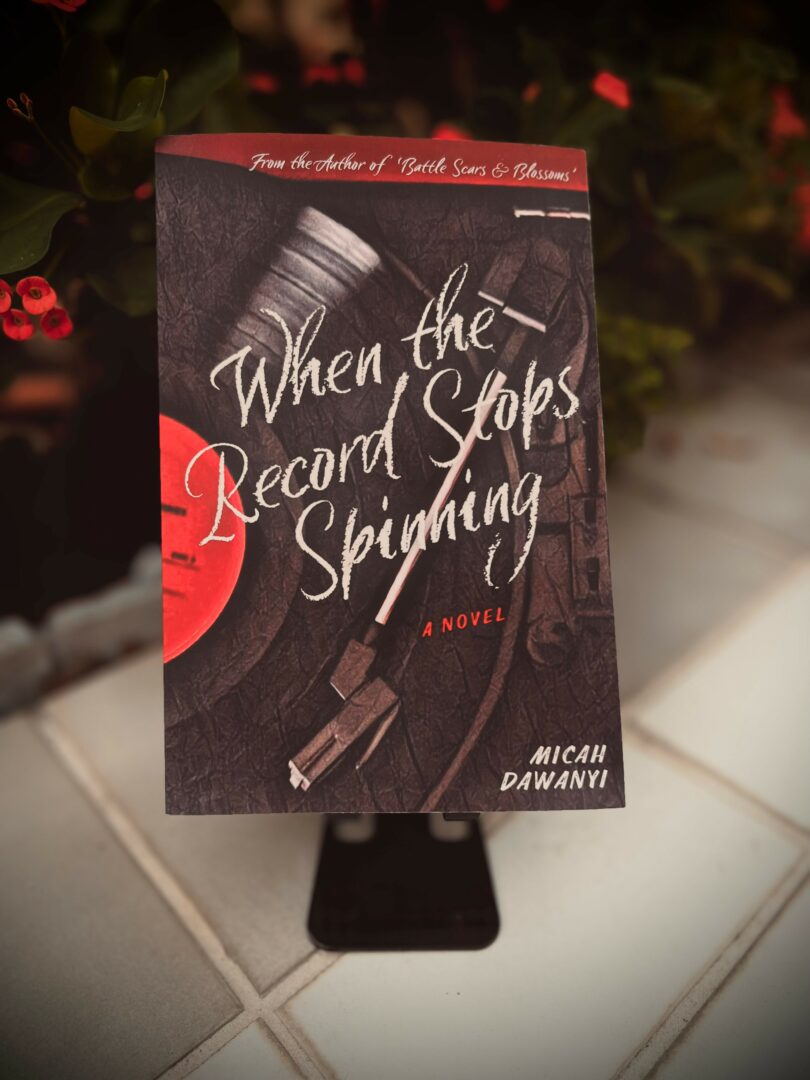

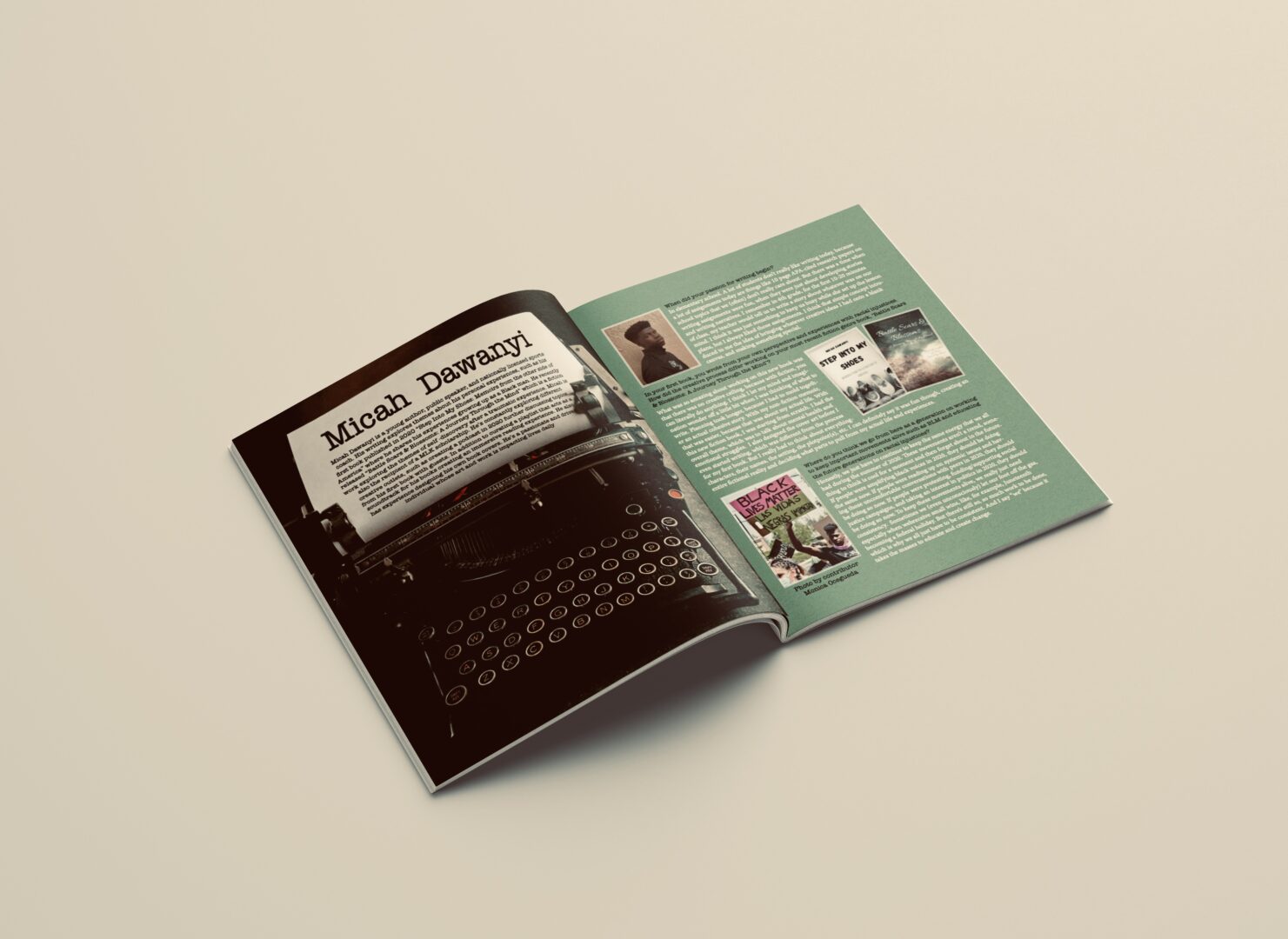
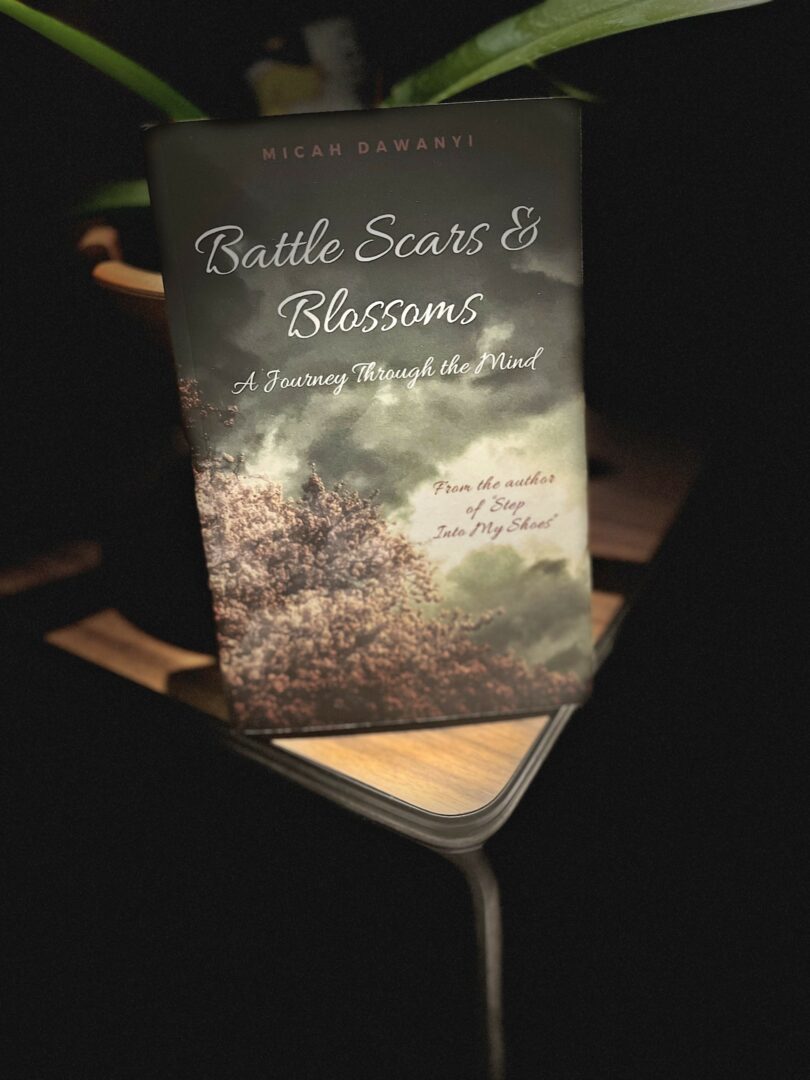
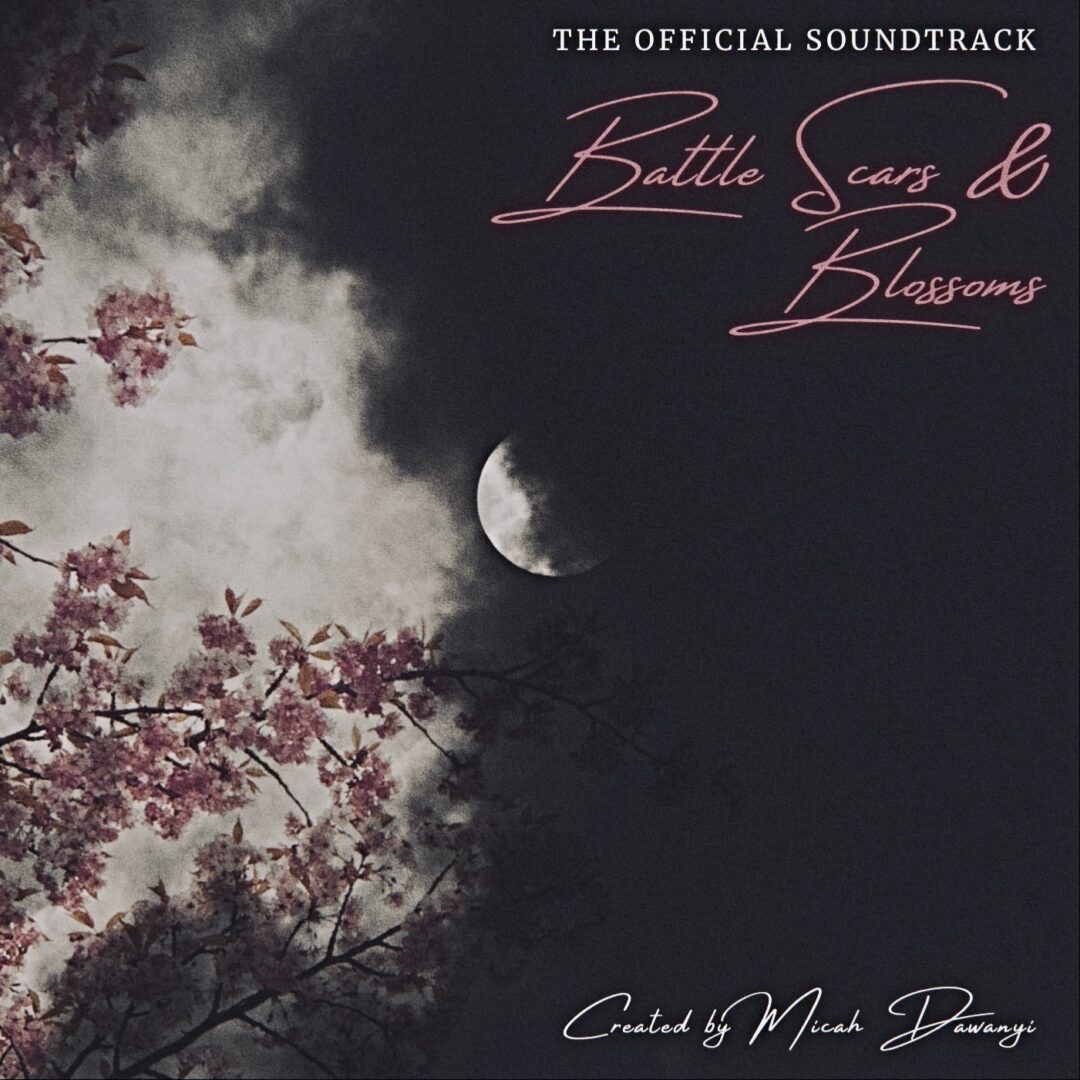
Image Credits
OnoMedia
so if you or someone you know deserves recognition please let us know here.




